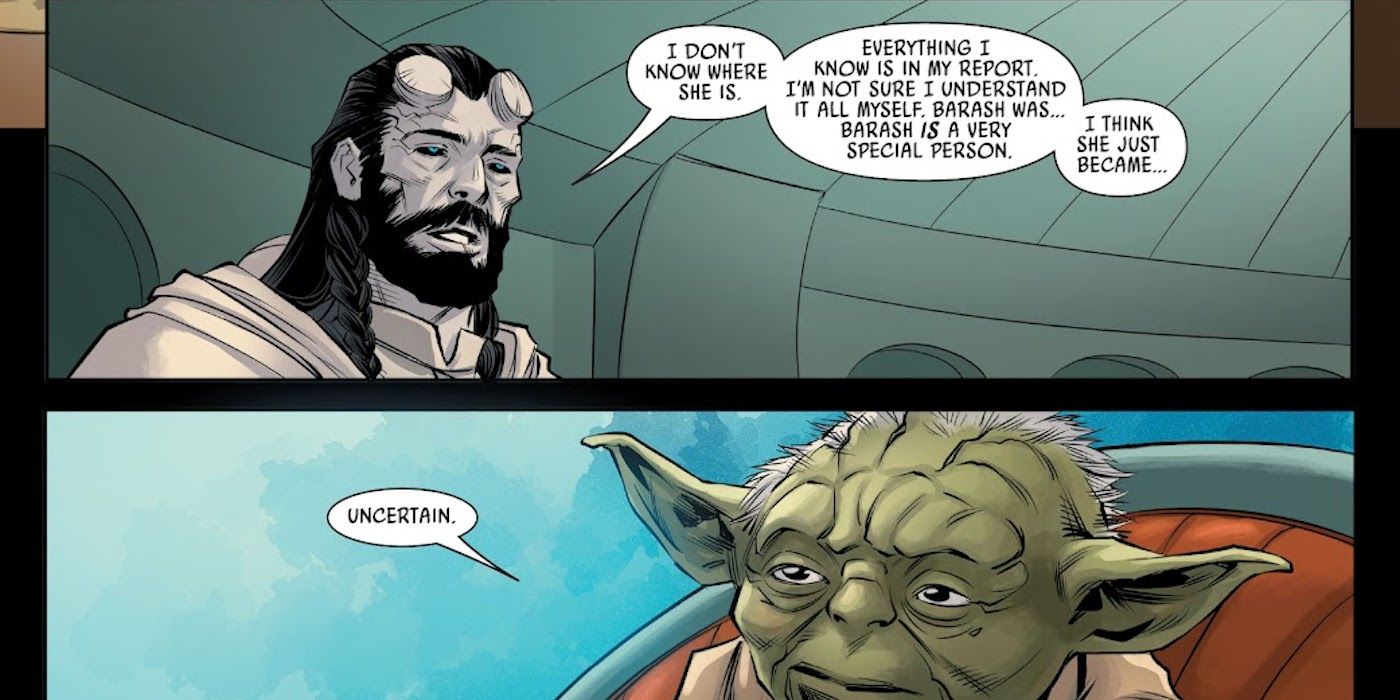Historical Context and Significance

The Barash Vow, also known as the Vow of Barash, is a solemn oath made by the Jewish community in the city of Barash, Ukraine, in 1648. The vow was made in response to the horrific massacres of Jews that took place during the Chmielnicki Uprising, a Cossack-led rebellion against Polish rule.
The vow was made in the aftermath of the massacre of the Jewish community of Barash, in which over 1,000 Jews were killed. The survivors of the massacre vowed to never forget the victims and to always remember the suffering that they had endured. They also vowed to never again allow such a tragedy to happen.
The Barash Vow has been observed by the Jewish community for centuries. It is a reminder of the horrors of the past and a pledge to never forget the victims of violence and hatred. The vow has also been a source of strength and inspiration for the Jewish people, helping them to overcome adversity and to build a better future.
Examples of Observance
The Barash Vow has been observed in a variety of ways throughout history. In the immediate aftermath of the massacre, the Jewish community of Barash built a memorial to the victims. They also established a yeshiva, or religious school, in the city, which became a center of Jewish learning and culture.
In the centuries that followed, the Barash Vow was observed by Jewish communities around the world. Jews would gather on the anniversary of the massacre to pray for the victims and to remember their suffering. They would also read from the Torah, the Jewish holy book, and listen to sermons about the importance of remembering the past and fighting against hatred.
In recent years, the Barash Vow has taken on new significance. It has become a symbol of the resilience of the Jewish people and their commitment to fighting against all forms of intolerance and discrimination. The vow has been invoked by Jewish leaders and organizations in the fight against anti-Semitism and other forms of hatred.
Observance and Practices

The observance of the Barash Vow entails a set of specific practices and rituals that adherents must follow. These practices are designed to honor the vow’s religious significance and create a transformative experience for the individual.
One of the most important aspects of the Barash Vow is the adherence to a strict dietary regimen. During the 12-day period, adherents must abstain from consuming meat, eggs, and alcohol. This dietary restriction is believed to purify the body and mind, creating a state of heightened spiritual awareness.
Dietary Restrictions, Barash vow
- Adherents must refrain from consuming meat, eggs, and alcohol for the entire 12-day period.
- The diet during this time consists primarily of fruits, vegetables, and grains.
- Some adherents also choose to fast during certain days of the vow, further intensifying the purification process.
Other Obligations
In addition to the dietary restrictions, adherents to the Barash Vow must also observe other obligations. These obligations include:
- Daily prayers: Adherents are expected to recite specific prayers throughout the day, seeking guidance and protection from God.
- Meditation: Regular meditation is encouraged during the vow period, allowing adherents to connect with their inner selves and deepen their spiritual understanding.
- Charitable acts: Adherents are encouraged to perform acts of charity and kindness during the vow period, demonstrating their commitment to serving others.
Personal Accounts
Many individuals who have observed the Barash Vow have shared their personal experiences and the transformative effects it has had on their lives.
“The Barash Vow was a profound journey for me. The dietary restrictions and spiritual practices helped me to purify my body and mind, and I felt a deep sense of connection to God throughout the process.” – Sarah, a Barash Vow observer
“Observing the Barash Vow was a challenging but incredibly rewarding experience. The sacrifices I made during the 12-day period brought me closer to my faith and gave me a renewed sense of purpose.” – David, a Barash Vow observer
Contemporary Relevance and Interpretations: Barash Vow

The Barash Vow remains relevant in contemporary society, reflecting the enduring significance of unity and cooperation in the face of adversity. It continues to inspire individuals and communities to work together for the common good.
Different interpretations and perspectives on the vow’s significance have emerged over time. Some view it as a sacred oath, binding individuals to unwavering loyalty and support. Others emphasize its practical implications, fostering a sense of community and mutual aid.
Adaptations and Modifications
The Barash Vow has been adapted and modified to suit changing societal needs and circumstances. In modern times, the vow has been used to promote social justice, environmental conservation, and interfaith dialogue.
- Social Justice: The vow has been employed to mobilize communities against discrimination, poverty, and inequality.
- Environmental Conservation: Groups have adopted the vow to protect natural resources, combat climate change, and promote sustainable practices.
- Interfaith Dialogue: The vow has facilitated interfaith cooperation, fostering understanding and respect among different religious communities.
In the realm of spiritual exploration, the Barash vow, a sacred covenant, holds a profound significance. Its teachings delve into the depths of self-discovery and transformation. For those seeking a deeper understanding of this ancient practice, there is a wealth of knowledge available online.
One such resource is watch the acolyte online free , which offers an immersive and enlightening exploration of the Barash vow. Through its teachings, the acolyte guides seekers on a journey of inner awakening, empowering them to embrace their spiritual potential and forge a meaningful connection with the divine.
Barash Vow, an enigmatic figure, has left an indelible mark on the cultural landscape. His enigmatic persona and enigmatic teachings have captivated audiences worldwide. In the realm of cinema, Rotten Tomatoes (Rotten Tomatoes) has emerged as a formidable arbiter of cinematic quality, its reviews and ratings shaping the opinions of countless film enthusiasts.
As with Barash Vow’s profound influence on spirituality, Rotten Tomatoes wields a powerful sway over the perception of cinematic endeavors, influencing the success and legacy of countless films.
Barash vow, a commitment to celibacy for a period of time, often serves as a spiritual journey of self-discovery and discipline. This tradition finds resonance in the concept of “the acolyte time” explored in contemporary discourse. Like barash vow, the acolyte time emphasizes a period of preparation and purification, where individuals immerse themselves in spiritual practices to deepen their understanding of their faith and purpose.
By embracing the principles of barash vow, we can cultivate a deeper connection with our inner selves and prepare for the responsibilities and challenges that lie ahead.
The barash vow is a sacred covenant between a man and a woman to love and protect each other for the rest of their lives. The acolyte, a young woman who has dedicated her life to serving the goddess, plays a vital role in the ceremony.
She is the one who prepares the couple for the ritual and helps them to understand the significance of their vows. If you are interested in learning more about the barash vow and the role of the acolyte, you can find more information here.
The acolyte typically arrives at the ceremony site about an hour before the start of the ceremony. She will then help the couple to prepare for the ritual by anointing them with oil and dressing them in special robes. The acolyte will also lead the couple through a series of prayers and meditations to help them to focus on the importance of their vows.
The barash vow, a sacred covenant among the nomads of Central Asia, is a testament to the enduring power of tradition. Its origins are intertwined with the enigmatic figure of Master Torbin , a legendary sage who is said to have taught the nomads the principles of honor and loyalty that underpin the vow.
Through centuries of migration and change, the barash vow has remained a vital thread connecting the nomads to their heritage, ensuring the preservation of their unique way of life.